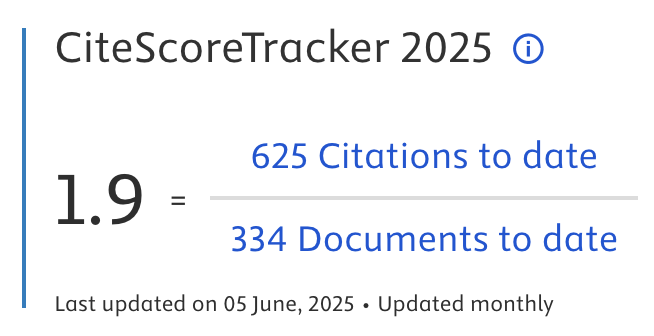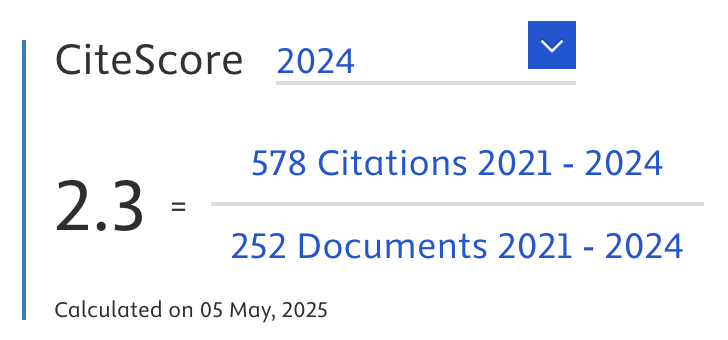Exploring User Experience of an Interactive LMS for Green Entrepreneurship: An Empirical Study of the GEJUR Platform
Abstract
This article aims to assess the design, development, and User Experience (UX) of GEJUR, a web-based interactive Learning Management System (LMS) designed to foster green entrepreneurship among youth in Nusa Tenggara Timur (NTT), Indonesia. This study defines green entrepreneurship as entrepreneurial activities that combine economic value creation with environmentally responsible practices that promote sustainability in business. This research enhances the domains of Human–Computer Interaction (HCI) and entrepreneurship education by illustrating how user-centered digital platforms may cultivate youth business competencies while promoting the Sustainable Development Goals (SDGs). GEJUR incorporates interactive learning modules, e-mentoring, and specific cultural features like weaved motifs (pola tenun), providing contextual relevance alongside essential LMS functions. A mixed-methods approach was employed, integrating surveys, Focus Group Discussions (FGDs), semi-structured interviews, and usability testing. Quantitative data were gathered via the System Usability Scale (SUS), whilst qualitative data documented user impressions of obstacles and anticipations. The usability evaluation, conducted with 33 individuals, resulted in a mean SUS score of 48.9, which corresponds to approximately 71.9% of the benchmark score of 68. This positions GEJUR beneath the established threshold, classified as having “poor” usability, although it remains functionally workable. Participants effectively accomplished critical tasks including authentication, course access, and quizzes, and offered favorable feedback regarding the system’s cultural integration. The results highlighted critical areas for enhancement, such as interface uniformity, minimization of response times, and more explicit user feedback. The study finds that GEJUR offers a viable yet improvable foundation for digital entrepreneurship training platforms in underprivileged areas. Subsequent study ought to broaden testing to encompass bigger and more heterogeneous user populations and implement sophisticated UX evaluation criteria beyond the SUS. Through iterative refinement, GEJUR can develop into a scalable platform that facilitates youth empowerment, sustainable business practices, and extensive socio-economic advancement.
Article Metrics
Abstract: 10 Viewers PDF: 1 ViewersKeywords
Full Text:
PDFRefbacks
- There are currently no refbacks.

Journal of Applied Data Sciences
| ISSN | : | 2723-6471 (Online) |
| Collaborated with | : | Computer Science and Systems Information Technology, King Abdulaziz University, Kingdom of Saudi Arabia. |
| Publisher | : | Bright Publisher |
| Website | : | http://bright-journal.org/JADS |
| : | taqwa@amikompurwokerto.ac.id (principal contact) | |
| support@bright-journal.org (technical issues) |
 This work is licensed under a Creative Commons Attribution-ShareAlike 4.0
This work is licensed under a Creative Commons Attribution-ShareAlike 4.0





.png)